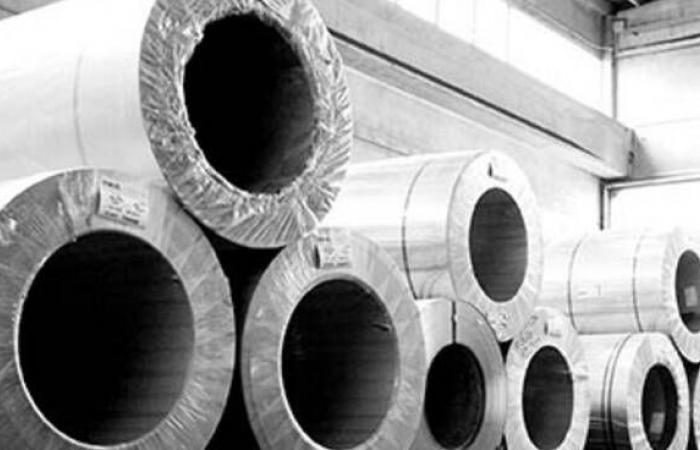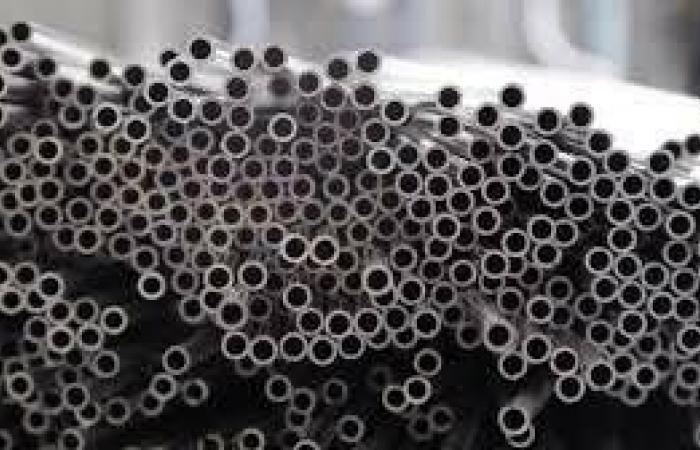Brescia. Weak demand, prices between stable and falling, margins suffering. The national steel sector has recorded a negative first half of the year and, at the moment, there are no signs that could lead one to think of a change in the trend, which has been going on for about a year now. This is what emerged in the Siderweb webinar, Mercato & Dintorni, dedicated specifically to the steel situation. The national and European situation is influenced by what is happening on the Asian market of steel, which is a forerunner of major global trends.
“China, the benchmark for the steel raw material market, has stopped growing in the last decade and is going through a severe crisis in the real estate market. The resulting contraction in steel demand is having an impact on raw materials. India, on the other hand, is growing, even quite quickly. We will see what this will mean in terms of the market,” he explained. Achille Fornasini, siderweb and StatLab University of Brescia.
As for the core charge from blast furnaces (iron ore + metallurgical coal), a sharp increase in prices was recorded at the beginning of the year«driven by Chinese storage» explained Fornasini. Then there was a collapse, which brought the mineral prices in spring to fall below $100/ton. Now, after a brief phase of slight recovery, a downward phase is being recorded. «I expect a small rebound in the short term, but not a change in the overall market picture» he predicted. For scrap, the main raw material for electric furnace steelmaking, such as the national one, price volatility has plummeted, testifying to the «state of asphyxiated demand also in the electro-steel industry. I expect to record a small recovery in the price of domestic scrap, with an alignment with the Turkish one», which is the market benchmark, «but without major changes in trend».
The CEO of Ferriera Valsabbia (Brescia), Ruggero Brunori, he explained that “these are difficult months, the situation is very precarious, in Italy but especially in Europe. Germany has stopped financing and is not investing in infrastructure, which was the engine of the country, diverting investments towards defense”. This has caused, according to the number one of the producer of rebar for reinforced concrete, “a slowdown in consumption. Then, in a chain reaction, the trend has spread to other Eastern countries. The geopolitical situation is affecting all economic operators in Europe. In Italy, public works are moving forward but private construction, in this context of uncertainty, tends to postpone investments. Furthermore, particularly in the second half of the semester, adverse weather conditions, with continuous rain, have caused further delays”. As for the market for construction long goods, “I am quite confident – concluded Brunori – that prices will recover and return to normal, with a consolidation of real demand”.







